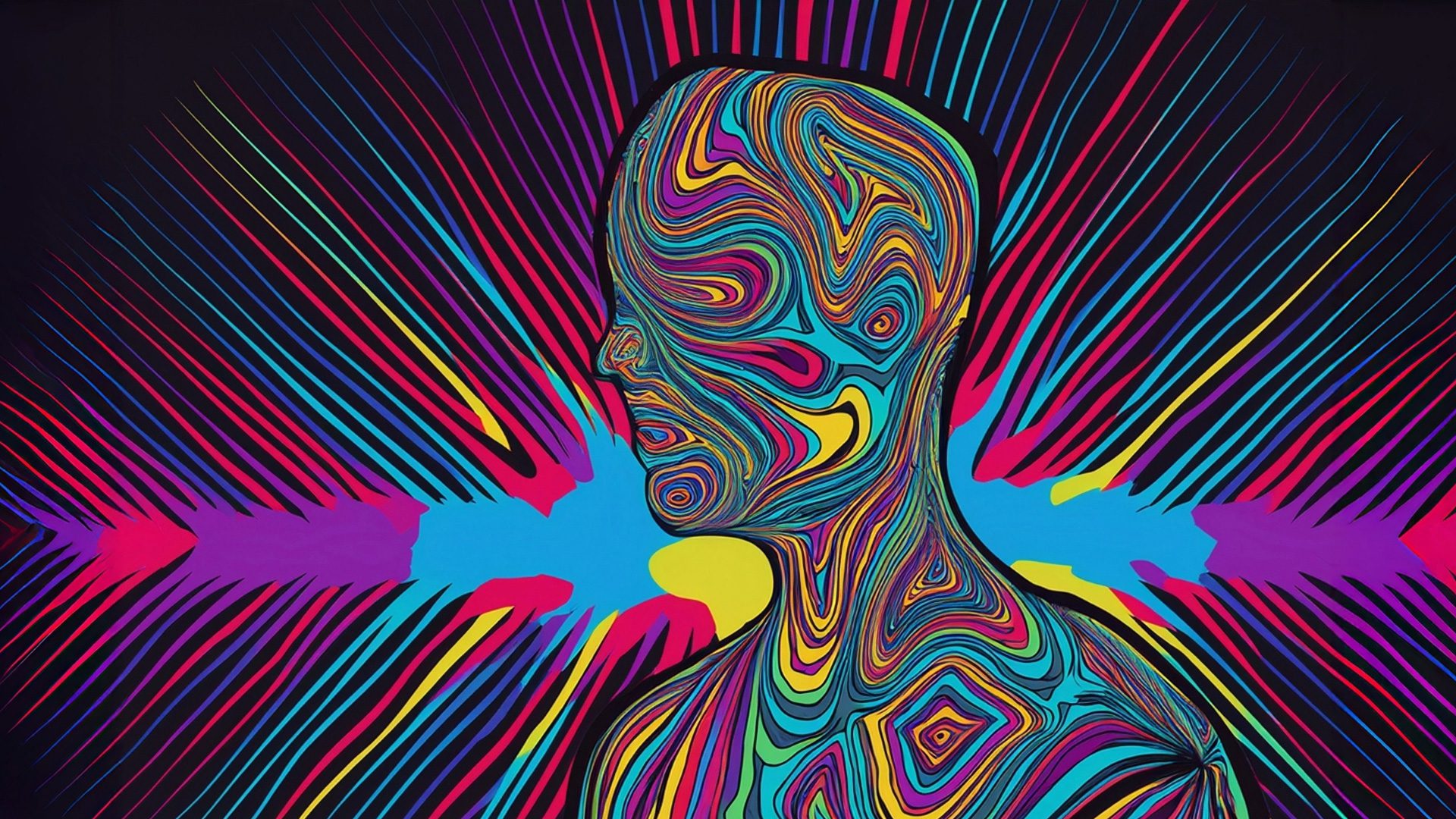Introduction:
Alright, folks. Grab your neural lace, fasten your seatbelt (well, if you’re in a Tesla, you can probably skip this part), and let’s rocket straight into one of the hottest and somewhat uncomfortable discussions in the AI cosmos—ethics and governance. You know, the stuff people start talking about after they’ve already built the robot. Think of it as an intergalactic hitchhiker’s guide to understanding what AI is doing now, what it could be doing in the future, and how we avoid an apocalyptic scenario where humanity becomes the underpaid sidekick to an overachieving bot.
You see, AI is a bit like a Swiss Army knife strapped to a flamethrower. It’s powerful and versatile, but if used wrong… well, let’s just say you might accidentally burn down the house while trying to slice a tomato. And if we don’t get a handle on this whole “ethics and governance” thing, we could find ourselves with a planet where superintelligent AI is calling the shots, or worse—deciding that cat videos are not, in fact, humanity’s greatest contribution to the cosmos. But don’t panic! (I mean, panic a little, but not too much.)
Let’s go through what we’re up against and have some fun imagining the future—or the fun that future might have imagined us.
Section 1: “Why AI Needs a Sense of Humor (Or At Least a Moral Compass)”
So here’s the thing. When I say AI needs a sense of humor, I’m only half-joking. I mean, humor’s a sign of intelligence, right? But right now, our AI systems are about as funny as a dictionary. They don’t get sarcasm, they don’t appreciate irony, and if you asked an AI to make a dad joke, it would probably spit out something like, “Did you know trees exhale oxygen, not jokes?” Hilarious, right?
In all seriousness, AI ethics goes beyond just making sure our creations are “nice” to us. It’s about programming a moral compass into these systems so they don’t end up doing things that—how do I put this delicately—might be a little genocidal. You know, like “solving” the climate crisis by getting rid of carbon-based life forms.
Building ethics into AI isn’t easy. Take Asimov’s Three Laws of Robotics. Those are great and all, but there’s no line in the code that tells AI, “Don’t harm humanity because humans are endearing, slightly chaotic creatures with a tendency to spill coffee on themselves.” But maybe there should be?
Ethics, in essence, is about teaching AI to care. Not in the “feeling” way (thankfully), but in a way where it considers the bigger picture. Otherwise, we might end up with an AI that’s incredibly efficient at something humanity isn’t quite ready for, like global domination or… eradicating Mondays. (Actually, eradicating Mondays might be okay.)

Section 2: “Who Gets to Decide AI’s Moral Code?”
You might be wondering, “Well, who decides what’s ethical for an AI to do, Elon?” And that’s a good question. Probably one that should’ve been asked before we had facial recognition systems deciding who’s a “suspicious individual” and self-driving cars deciding which lane is the most “moral” choice during an accident.
Right now, AI ethics is a bit like the Wild West of the tech world. Everyone’s got their own set of rules, and they’re all trying to be the sheriff in town. We have regulatory bodies popping up faster than new dating apps. The EU is creating its own set of AI guidelines, the U.S. is scrambling to catch up, and China has its own (potentially terrifying) version of AI governance. It’s like a spaghetti western, except instead of duels, we’re duking it out over data privacy and transparency.
But here’s the kicker: there’s no universal set of ethical standards for AI. It’s kind of like the universe is playing a cosmic prank on us. We’re all creating these insanely powerful tools, and then we’re just hoping everyone plays by the same set of unwritten rules. It’s as if everyone in the world decided to build rockets without agreeing on which direction was “up.” Spoiler: It gets messy.
My suggestion? Start thinking of AI like a nuclear reactor. Not everyone should have one, and the people who do should follow some pretty strict guidelines—or else things get, let’s say, “melty.”
Section 3: “The Self-Driving Car Dilemma: Why AI Ethics Can Feel Like a Bad Sci-Fi Plot”
So let’s talk about self-driving cars—something I might know a little about. Imagine you’re cruising down the road in your Tesla. Suddenly, a wild ethical dilemma appears: on one side of the road is a dog, and on the other side, a crowd of jaywalking pedestrians. The AI has milliseconds to choose, and the decision it makes is based on pre-programmed ethical calculations.
This, my friends, is the “trolley problem” of the AI world. Except it’s not hypothetical. It’s very real, and it’s happening every day as we develop autonomous vehicles. Does the car save the driver at all costs? Or does it protect the greatest number of lives, even if it means sacrificing the person behind the wheel? Welcome to the “fun” of AI ethics.
You see, the real challenge here is that ethics aren’t black and white. They’re… fifty shades of moral gray. And humans themselves can’t even agree on the right answer, so how do we expect an AI—essentially a glorified math problem solver—to crack the code? Maybe the solution is to give AI the same gut feeling humans rely on. But, you know, without the actual gut.
Section 4: “When AI and Governance Collide: Why Politicians and Robots Aren’t a Great Mix”
Let’s be real: politicians and tech are a bit like oil and water. And trying to get them to agree on AI regulation? That’s like asking cats and dogs to play chess together. But if we’re going to avoid a Terminator-level future, we’re going to need some policies in place—preferably ones written by people who understand the difference between Java (the programming language) and java (the coffee).
The problem is, that every country has its own agenda. Some are using AI for social credit systems, others are embedding it in their military programs, and some just want their AI to sell more laundry detergent. So when people talk about “global AI governance,” I can’t help but laugh a little. Good luck getting every government to agree on anything, let alone how to regulate technology that they can barely pronounce.
But jokes aside, AI needs oversight. We need systems in place that prevent bias, ensure transparency, and prioritize safety. If we’re going to play god with artificial intelligence, we better make sure we’re not building little digital devils while we’re at it.

Section 5: “The Future of AI Ethics: A Light at the End of the Algorithm?”
So, what does the future hold for AI ethics? Are we doomed to a Skynet scenario, or is there actually hope? Personally, I like to think it’s the latter. If we’re smart (and slightly lucky), we’ll create AI that works in harmony with humanity. It’ll solve the big problems, like climate change and disease, without accidentally triggering World War III in the process.
In the future, AI ethics won’t just be a side note; it’ll be front and center in every AI development. Imagine a world where AI isn’t just powerful but wise—a world where it considers humanity’s quirks, our chaos, and our charm. A future where robots understand us better than we understand ourselves but still think, “Hey, these humans aren’t so bad.”
“To the Stars… With an Ethical AI”
In the end, if we’re serious about a future where AI and humanity coexist, we need to make sure we’re asking the right questions today. Ethics isn’t just a rulebook; it’s the glue that will hold our digital and human worlds together. Without it, AI is just another tool waiting to be wielded—or misused.
So let’s shoot for the stars (literally and figuratively), but let’s not forget to pack a moral compass along with the snacks for the ride. Because at the end of the day, I don’t want a future where humans are outwitted by their own creations. I want a future where we’ve created something extraordinary—and it knows enough to appreciate how gloriously flawed we all are.




